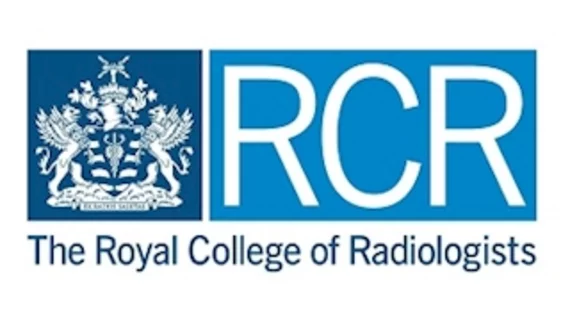Royal College of Radiologists urges U.K. to fund radiologist training amid national shortage
The Royal College of Radiologists (RCR) welcomed British Prime Minister Theresa May’s recent declaration to focus on early detection of cancer, though the organization is questioning how a step-change will be achieved without funding for more radiologists and clinical oncologists, according to an RCR press release published Oct. 3.
With the Prime Minister’s new cancer strategy, the U.K. is set to increase its early detection rate to 75 percent by 2028, according to a recent article by The Independent.
Additionally, the U.K. will lower the age for bowel cancer screening from 60 to 50 years, invest in new imaging technology and build more efficient diagnostic centers.
The RCR hopes to see the Prime Minister's new strategy improve upon the existing five-year English Cancer Strategy launched in 2015, which has made slow progress due to lack of funding for new staff and imaging and radiotherapy equipment, according to the press release.
“Without doubt the NHS needs better diagnostic equipment—surveys have shown one-in-ten computed tomography scanners and nearly a third of magnetic resonance scanners in U.K. hospitals are technically obsolete,” Nicola Strickland, MD, president of the RCR, said in the statement. “The promise of widespread Rapid Diagnostic Centers is fantastic in theory—but it needs to be substantiated and thought through before it can become reality.
Strickland noted that the Prime Minister's declaration failed to address the U.K.'s current radiologist shortage and, on behalf of the RCR, hopes that the U.K. will choose to fund more radiology trainees.
“We know our hospitals have the capacity and full capability to train the radiologists needed to bring about Mrs. May’s promised step-change in early cancer diagnosis, if only the government would fund more radiology trainees,” Strickland said. “The very latest scanners and one-stop clinics will be useless to patients without the increased numbers of imaging doctors and oncologists we will need to run them.”

